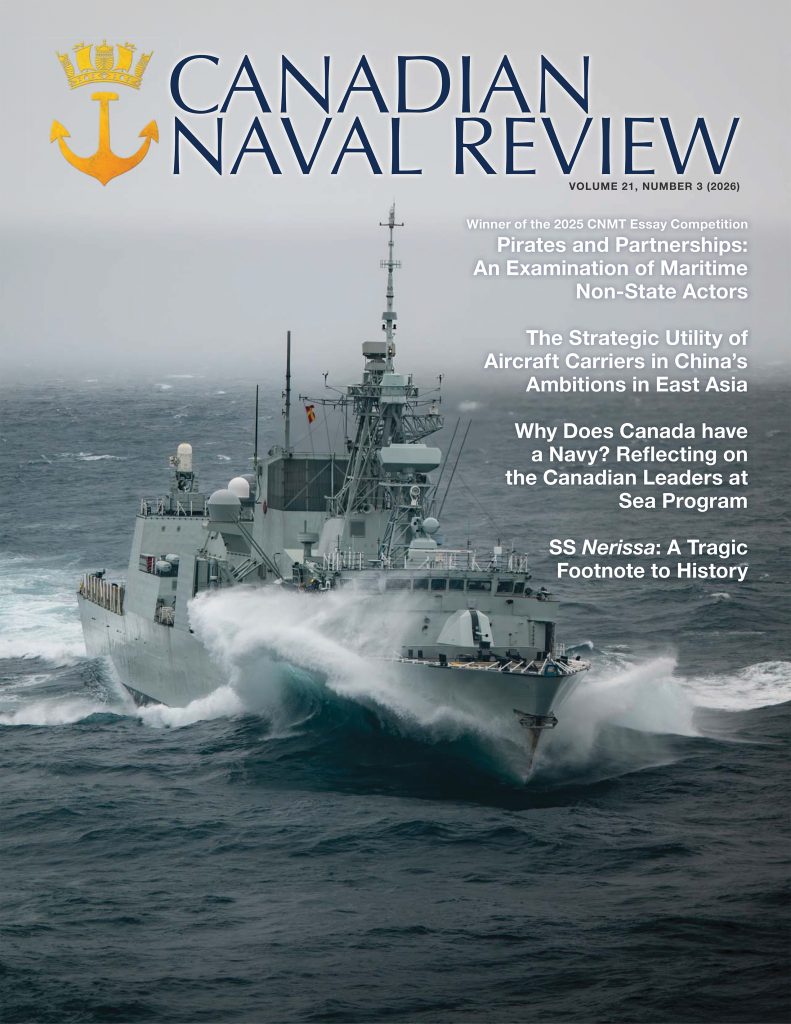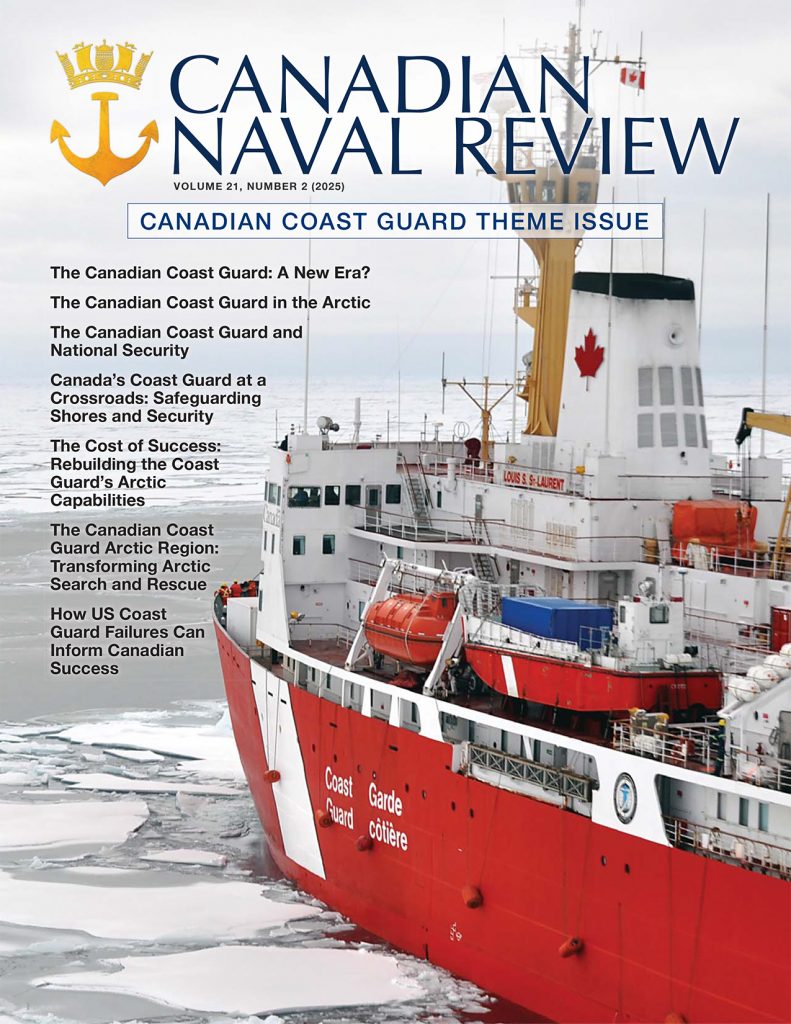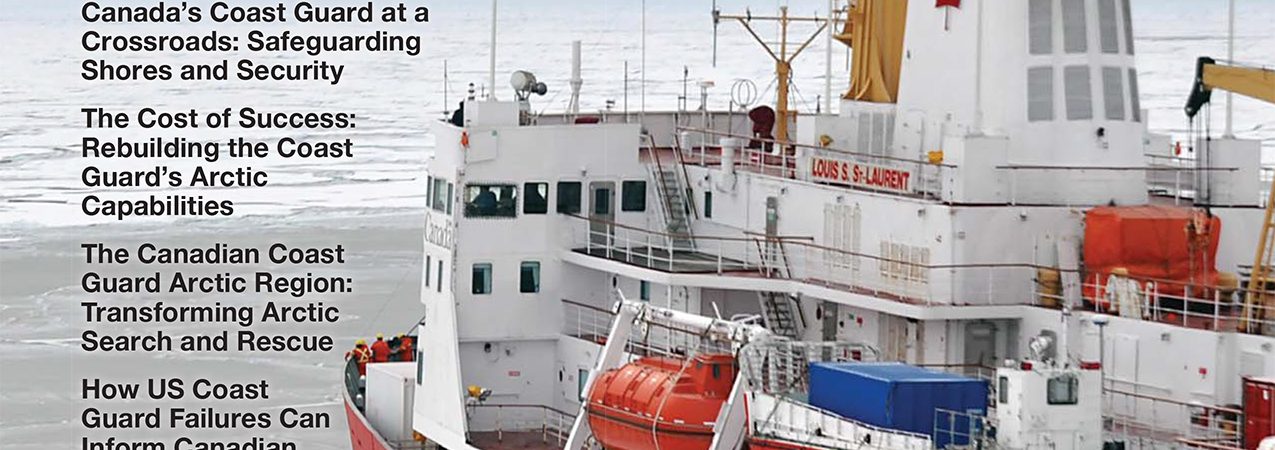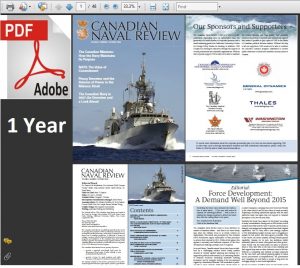The Defence Industrial Strategy
By Dr. Ann Griffiths, 23 February 2026

By now you will have heard that the federal government has released its Defence Industrial Strategy (DIS). It promises many things. It stresses that the defence industry plays a key role in both security and the economy. According to the strategy, in the next 10 years, it will:
- Build world-leading Canadian firms in key sovereign capability areas;
- Raise maritime fleet serviceability to 75%, land fleets to 80% and aerospace fleets to 85% to meet training and operational readiness requirements;
- Increase the share of defence acquisitions awarded to Canadian firms to 70%;
- Accelerate procurement of successful Canadian defence R&D innovations;
- Boost government investment in defence-related research and development by 85%;
- Increase total Canadian defence industry revenues by more than 240%;
- Grow defence revenues for Canadian small and medium-sized businesses by more than $5.1 billion annually;
- Increase Canada’s defence exports by 50%;
- Create 125,000 quality new jobs across the Canadian economy.
The strategy to strengthen the defence industrial base “is built on five integrated pillars, each designed to ensure that Canada can equip, sustain, and modernize our military while fostering a Canadian defence industry able to meet 21st century challenges.” The five pillars are as follows:
Post continues on the Broadsides Forum
Trending now:
- The Defence Industrial Strategy
- Inocea Group to Acquire UK's RFA Wave-class oilers
- Why Canada Does Not Need a 'Tripwire' Navy
- Dollars and Sense: Budget 2025 Provides Transformational Defence Funding, but Unclear Direction
- Why Does Canada Have a Navy? Reflecting on the Canadian Leaders at Sea Program
- Editorial: Possibilities and Pitfalls
- The 2026 US Defense Strategy Document
- Sweetening the Pot for Submarines
- What to do in Greenland
- President Trump's Battleships
- Some Thoughts on A Canadian Arctic Amphibious Capability
- RCN Polar Class 2 Amphibious Icebreaker
- Happy Holidays
- CNR sponsors: visit page
Latest CNR: Vol. 21 No. 3 (2026)

Happy New Year! Now that January is here, we all need something to look forward to – other than bills for all those things you bought for Christmas! Fret no longer, you can look forward to the upcoming CNR issue.
As usual, the new issue of CNR contains a variety of interesting articles. Our first article was the winning essay of the 2025 CNMT Essay Competition. It’s called “Pirates and Partnerships: An Examination of Maritime Non-State Actors,” by Edward Khitab. Khitab uses the example of the Sea Shepherd Conservation Society to examine the nature and increasing number of maritime non-state actors -- and concludes that the RCN needs to start paying attention to them.
The second article, “The Strategic Utility of Aircraft Carriers in China’s Ambitions in East Asia,” discusses the rapid growth of China’s aircraft carrier capability and how and where Beijing would likely use them in the case of war. The third article is “Why Does Canada have a Navy? Reflecting on the Canadian Leaders at Sea Program.” In this article, the author addresses a simple question that was asked while he was participating in the CLaS program, and considers what a navy represents and why Canada has one. The final essay, “SS Nerissa: A Tragic Footnote to History,” tells the little-known story of the last voyage of SS Nerissa that was sunk by a U-boat while transporting troops and civilians across the Atlantic in the Second World War.
If that isn’t enough to spark your interest, we have our usual Making Waves commentaries. We have a commentary about hydrography in the Arctic. Sound boring? It’s not. If Canada is getting submarines that are expected to operate in the Arctic, Ottawa needs to act now to map the seafloor there. We have a commentary about the many historic discussions about moving the Coast Guard into the defence department. We have a commentary about the unthinkable – i.e., having naval ships that can act as ‘tripwires’ in the event that the United States decides to blockade Canada. We have an account of a conference in Australia, Canadian interest in East Asia, and preparing for Russia in the Arctic.
And, of course, we have our regular columns. “A View from the West” looks at North Korea’s increasing focus on its navy. “Dollars and Sense” examines the defence-related parts of Budget 2025, and “Warship Developments” updates us on several interesting recent naval decisions.
In addition to all this great information, we have our usual amazing photos!
Stay tuned. In a few weeks, the issue will be in the mailbox of people who are lucky enough to be subscribers! It’s not too late for you to subscribe. See here for the Table of Contents.
CNR resources

- Previous Issues
- CNR Archives (2005-2025)
- Subject Index for CNR Articles
- Broadsides Forum - Join the Discussion
- Submissions to Canadian Naval Review
- Subscriptions - unlock access to all CNR materials
- Sponsor page
- Book Reviews
- Free CNR articles and PDF downloads
- Follow us on Bluesky and LinkedIn
- Donate to CNR
- Special offer
Read more: CNR Archives (60+ magazines in PDF) and Subject Index (600+ articles)
Looking for Books about Maritime Matters?
Over the last 20 years, Canadian Naval Review has published over 180 book reviews. These books cover a variety of topics but they all relate to maritime matters, history, or security and defence at sea. This is an amazing resource. Go through the list of reviews, pick out a few books that look interesting, read the reviews, and then order the books from your nearest bookstore or from the publisher. See the list of book reviews at https://www.navalreview.ca/book-reviews/








